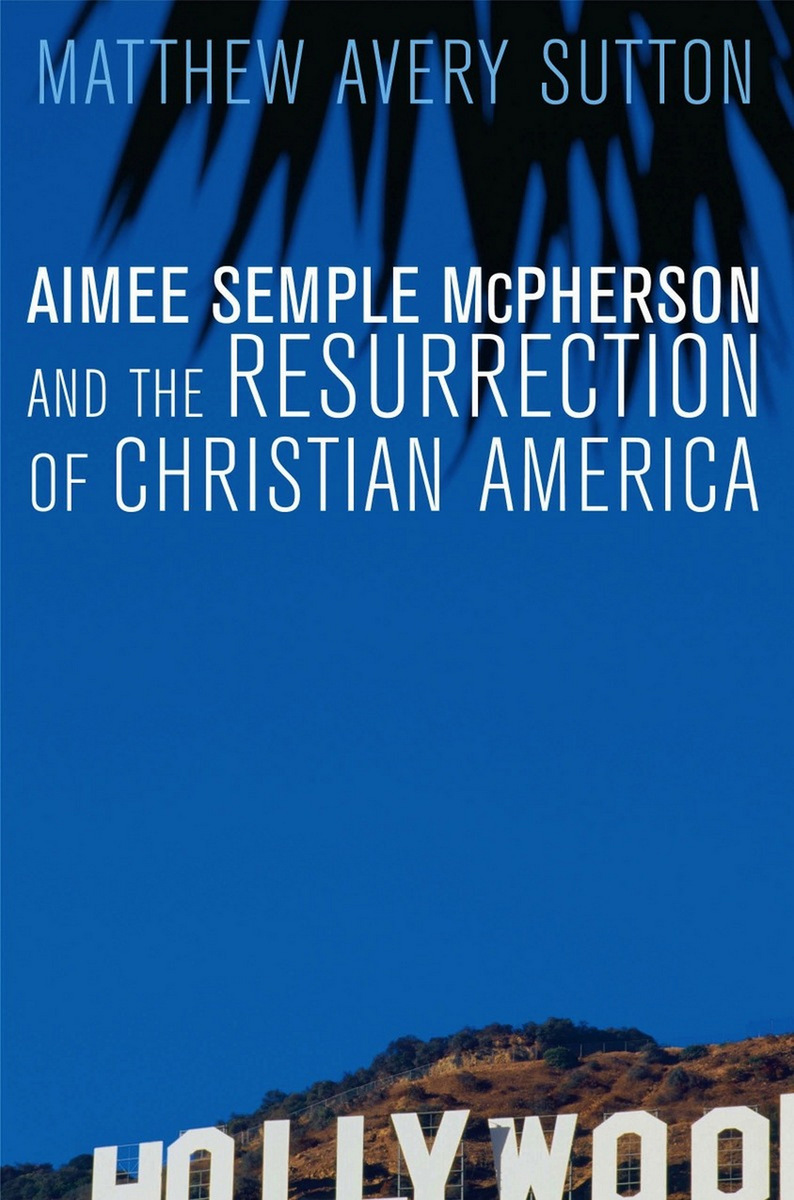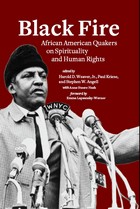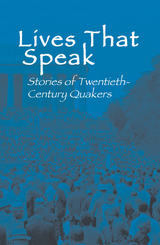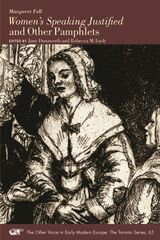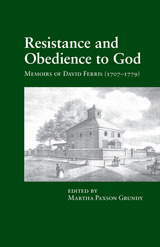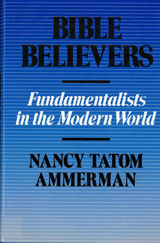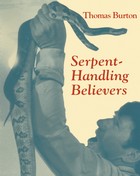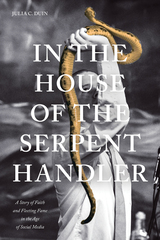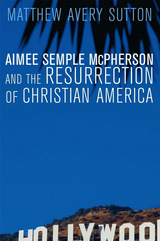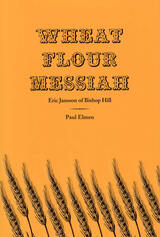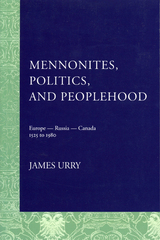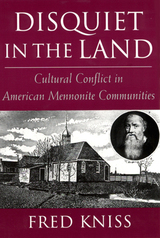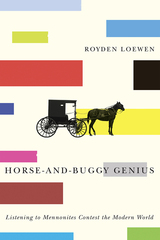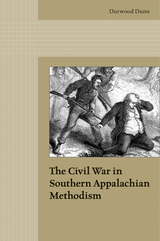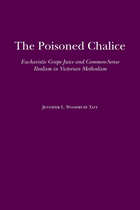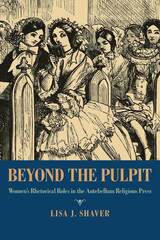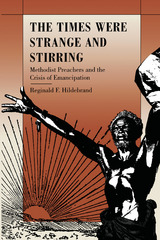Matthew Sutton's Aimee Semple McPherson may be the best single book yet published on this icon of early twentieth-century American religion and culture. Beautifully paced and superbly researched, the book weaves McPherson's inherently fascinating and ultimately tragic career into larger stories about California, pentecostalism, and emerging popular culture. Empathetic, critical, and insightful simultaneously, Sutton has produced a compellingly narrated book about one of modern America's most magnetic women.
-- Jon Butler, author of Becoming America: The Revolution before 1776
At long last, a biographical exploration of Aimee Semple McPherson that steers clear of stereotype, caricature, and condescension. Matthew Sutton deftly addresses Sister Aimee's fame and her legacy in his fine biography, but he does so with care and attention to her humanity as well.
-- William Deverell, University of Southern California
Aimee Semple McPherson passionately embraced her role as a religious celebrity in an increasingly mass media-oriented age and steadfastly refused to be constrained by traditional notions of gender or sexuality. Americans of the 1920s and 1930s were fascinated by her, and readers today will feel the same way, thanks to Matthew Avery Sutton's timely and absorbing biography.
-- Susan Ware, editor of Notable American Women: Completing the Twentieth Century
Not content to see Aimee Semple McPherson--"Sister"--simply as a woman evangelist, or even as a religious icon, Matthew Sutton places her career in a wide range of contexts, including gender, media, Southern California popular culture, and the muscular expansion of American evangelicalism. This is terrific history, reflecting meticulous research, persuasive argumentation, and a writing style as vibrant as the story it tells.
-- Grant Wacker, author of Heaven Below: Early Pentecostals and American Culture
In the page-turning book, Aimee Semple McPherson and the Resurrection of Christian America, Matthew Avery Sutton makes a persuasive case that the Canadian evangelist was responsible for rescuing conservative Protestantism from obscurity while creating the political model for today's powerful Religious Right. She promoted the now-widely held conviction that Jesus Christ and the 'American way of life' are synonymous. Other books have been written about McPherson, but Sutton's goes furthest in making the important argument that the Canadian evangelist was the most influential model for the merging of conservative Christian identity and American patriotism...At the time of the 1925 Scopes 'monkey trial' over the teaching of evolution, McPherson organized a giant parade and theatrical stage play at her baroque Angelus Temple that portrayed what she called the 'hanging and burial of monkey teachers.' Eighty years later, McPherson's brand of evangelical sensationalism is again spiking up the issue of whether to teach evolution in U.S. public schools, while in most other industrialized countries the dispute barely registers...Sutton's book deserves special praise for its socio-political analysis--for outlining Sister Aimee's pivotal role in giving birth to today's politicized evangelical Christianity.
-- Douglas Todd Vancouver Sun
Sutton helps readers see in McPherson more than one paradoxical woman: her Foursquare Gospel helped catalyze a fundamental cultural realignment that brought Pentecostals and Evangelicals into the American mainstream, transforming American politics in ways that continue to write today's headlines. A nuanced portrait of an entire movement.
-- Bryce Christensen Booklist
[Sutton] reminds us that Aimee Semple McPherson 'exemplified evangelicalism's appeal to millions of Americans' and suggests that it is time to re-examine her life and legacy.
-- Bryan F. LeBeau Kansas City Star
In a clear and frightening way [Aimee Semple McPherson and the Resurrection of Christian America] both locates her origins in what could be called America's mainstream fringe and her influence on today's Christian right, with its political manipulating and media empires.
-- George Fetherling Seven Oaks
Decades before televangelists like Billy Graham, Pat Robertson or Jim and Tammy Faye Bakker started mixing show business and conservative Christianity, there was Aimee Semple McPherson...An impressive new biography.
-- Don Lattin San Francisco Chronicle
Matthew Avery Sutton has done such a thorough and engaging job with Aimee Semple McPherson and the Resurrection of Christian America.
-- John M. and Priscilla S. Taylor Washington Times
[A] delightful biography of the first American woman to become a celebrity-preacher.
-- David Crumm Detroit Free Press
This biography of McPherson explores how the evangelist combined old-time religion with newfangled technology to build a multimedia soul-saving juggernaut in 1920s Los Angeles...A thorough and absorbing portrait of a wholly original figure.
-- The Atlantic
[Sutton] gives an account of McPherson's life within the cultural currents of her time. He argues that she had an almost preternatural ability to tap her audience's social fears--about immigration, for instance, or the changing role of women--and offer reassurance in the form of simple spiritual storytelling...As Mr. Sutton's fine book shows, she proved to be an emblem of things to come.
-- Christine Rosen Wall Street Journal
Lively and diligently researched.
-- Caleb Crain New York Review of Books
[A] gripping new biography of Aimee Semple McPherson...Sutton has focused on McPherson's substantive legacy--a politically powerful religious commitment shared by millions of Americans--rather than the legend of the self-proclaimed salvation-bearing empire-builder. Many readers will find themselves giving new thought to the potent and disturbing policy-shaping force that today's Christian Right embodies.
-- Peter Skinner ForeWord
Although it is hard to imagine in this era, the dominant view among religious Christians in the early part of the 20th century was that mixing the realms of Christ and Caesar was unholy business. McPherson smashed that taboo, and turned evangelical Protestantism into a fighting faith.
-- Jonathan Kay National Post
[Sutton's] delightful biography of the first American woman to become a celebrity preacher makes us want to enroll in one of his classes.
-- Ventura County Star
Sutton's study, part biography and part cultural history, attempts to explain the long 20th-century run of traditionalist Protestantism on the political stage. It is, therefore, an important book.
-- Anne Blue Wills Christian Century
This book is a timely warning for modern religious leaders seeking a place at the table as the 2008 election looms.
-- Michael P. Orso America
Sutton's engaging work also makes important contributions by linking McPherson's adept use of publicity and celebrity status, social conservatism, and American patriotism to the modern evangelical vision of a more Christian nation.
-- W. B. Bedford Choice
[Sutton] offers progressive Christians a must-read study of this important but enigmatic figure in American religious history. If we wish to understand the use of celebrity and technology by religious conservatives, not only to spread the gospel but to influence politics as well, we must look to its beginnings in the ministry of Aimee Semple McPherson.
-- Rev. Robert Cornwall Progressive Christian
Matthew Avery Sutton knows how to spin a yarn. His new biography of the Pentecostal preacher Aimee Semple McPherson beautifully evokes the allure of this early-twentieth-century charismatic revivalist, and manages as well to capture the boosterism and bravado of Los Angeles in the 1920s, 1930s, and 1940s. One can easily understand why the Public Broadcasting Service chose this book as the basis for an episode of the American Experience. Sutton’s tale has all the pathos of a soap opera, while speaking at the same time to central issues of American cultural life, including gender, celebrity, sexuality, and the volatile mix of religion and politics. When Sutton harnesses his gift for storytelling to the task of critical analysis, the book is a model of what narrative history can be at its best.
-- Matthew S. Hedstrom Politics and Religion
An impressive work...Sutton’s account of Aimee’s search for companionship and the debilitating toll her ‘‘kidnapping’’ took on her mentally as well as physically (in 1926, she disappeared for 36 days, then concocted a bizarre tale of kidnapping that led to a lengthy trial, the equivalent in its day of the O.J. Simpson trial) is the most persuasive portrayal of this episode to date; it also sheds light on the continuing struggles of Pentecostal women called to ministry in a man’s world...I highly recommend it, not just because it teIls a good story—though it certainly does that—but also because its insights into the Pentecostal cult of personality are all too relevant today.
-- Arlene M. Sanchez Walsh Books & Culture
